Indigenous Governance Database
Governance

Disenrollment Demands Serious Attention by All Sovereign Nations
For most people, their sense of who they are–their identity–is at least partially defined from connection to others and to a community. When individuals are forced to sever those connections, the consequences can be devastating. Unfortunately, all too often in tribal disenrollment conflicts–like…
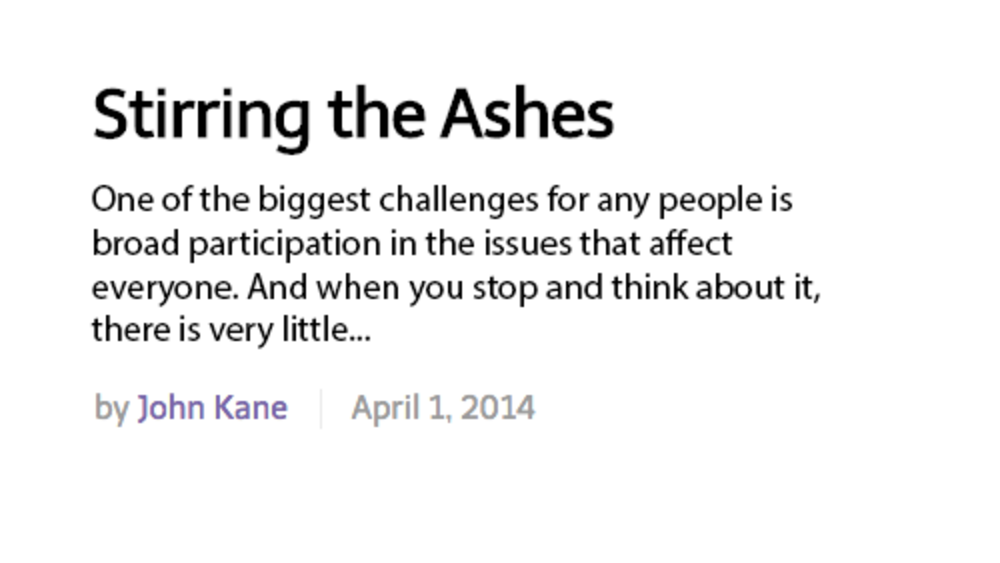
Stirring the Ashes
One of the biggest challenges for any people is broad participation in the issues that affect everyone. And when you stop and think about it, there is very little from the smallest ripples in a family to major calamities in a community that occurs without impacting others. The notion of “mind your…

5 More Native American Visionaries in Washington State
As the holidays kick in and people start looking ahead to the coming year, it is only fitting to acknowledge the leaders who will take Indian country into the future. Last month we brought you five Native leaders who are protecting rights, exercising sovereignty, building intercultural bridges and…
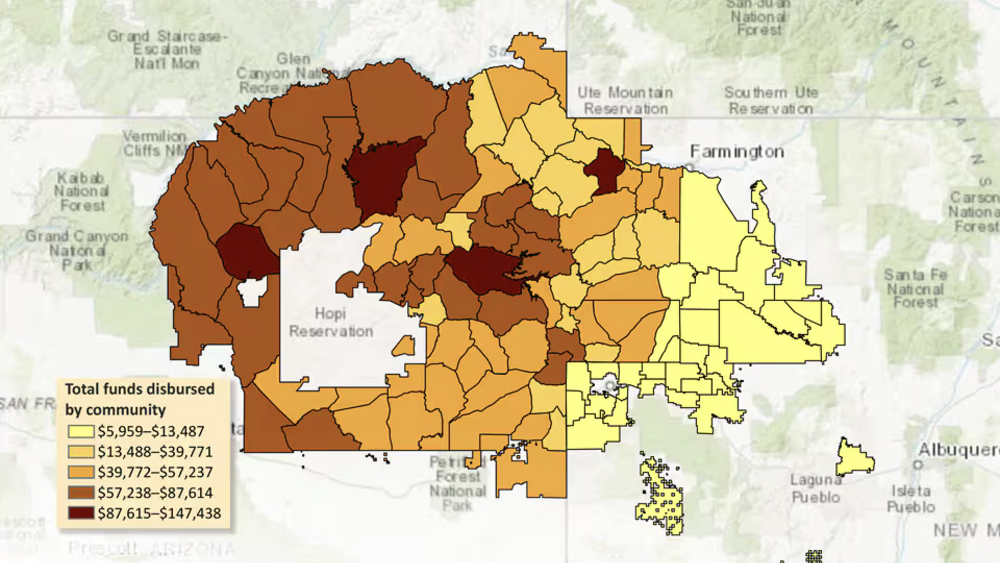
The Navajo Nation Healthy Diné Nation Act: A Two Percent Tax on Foods of Minimal-to-No Nutritious Value, 2015–2019
Our study summarizes tax revenue and disbursements from the Navajo Nation Healthy Diné Nation Act of 2014, which included a 2% tax on foods of minimal-to-no nutritional value (junk food tax), the first in the United States and in any sovereign tribal nation. Since the tax was implemented in 2015,…
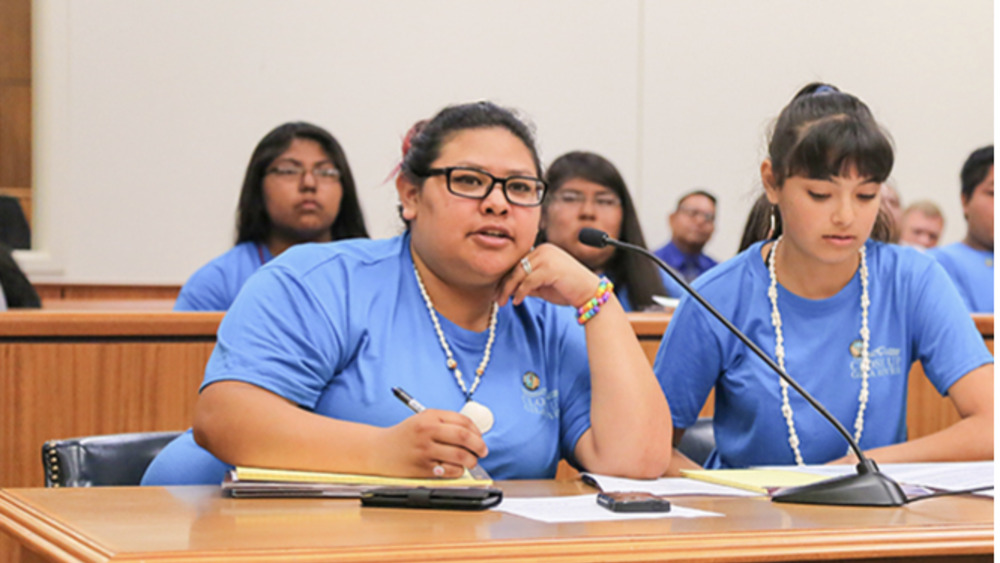
Students Get Hands-On Learning with Gila River Close Up Program
A group of young Community members from various local high schools participated in the Close Up program and received an in-depth view into the world of tribal government. The Close Up program is a yearly endeavor that is designed to give students a thorough lesson on the inner mechanics and…
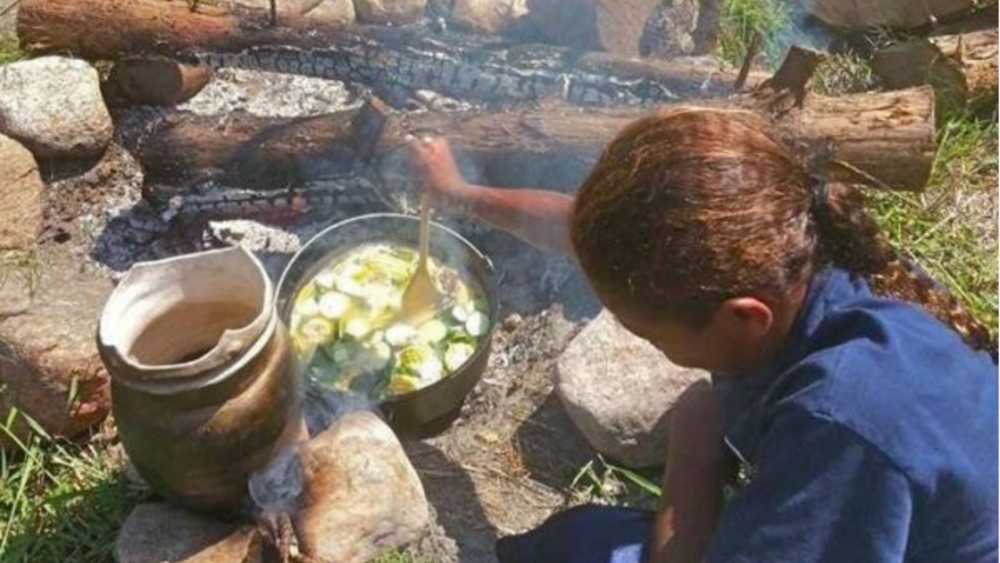
Sleeping Language Waking Up Thanks to Wampanoag Reclamation Project
It’s been more than 300 years since Wampanoag was the primary spoken language in Cape Cod. But, if Wampanoag tribal members keep their current pace, that may not be true for much longer. Tribal members have been signing up for classes with the Wampanoag Language Reclamation Project while families…
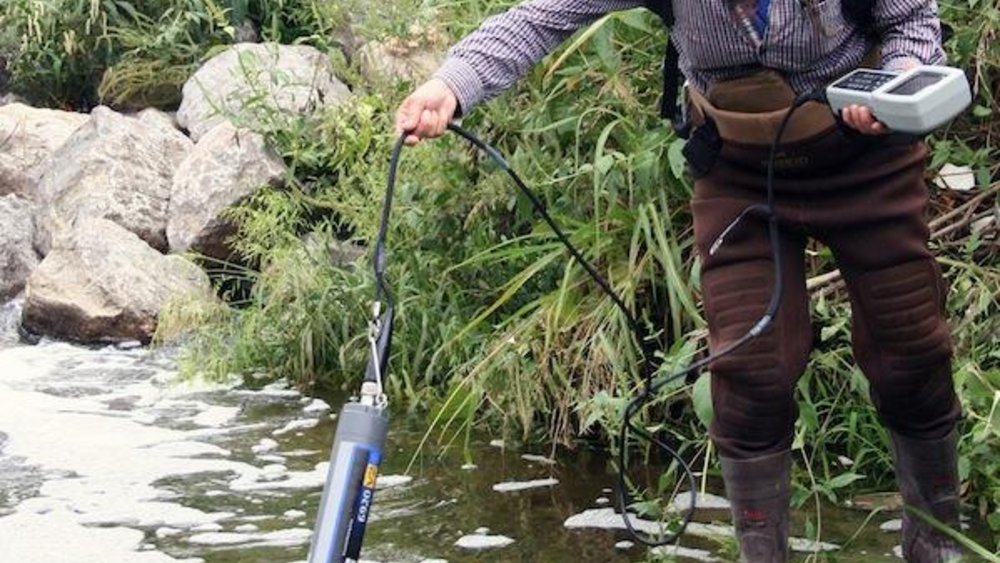
Citizen Stewards: Chickasaw Nation Technicians Monitor Water Quality
Regulations and laws about environmental quality abound, yet the Chickasaw Nation has little use for them. Its citizens do not need legislation to inform them that they are stewards of the land. It is, of course, an immutable fact of existence. And Chickasaw Nation Environmental Services…
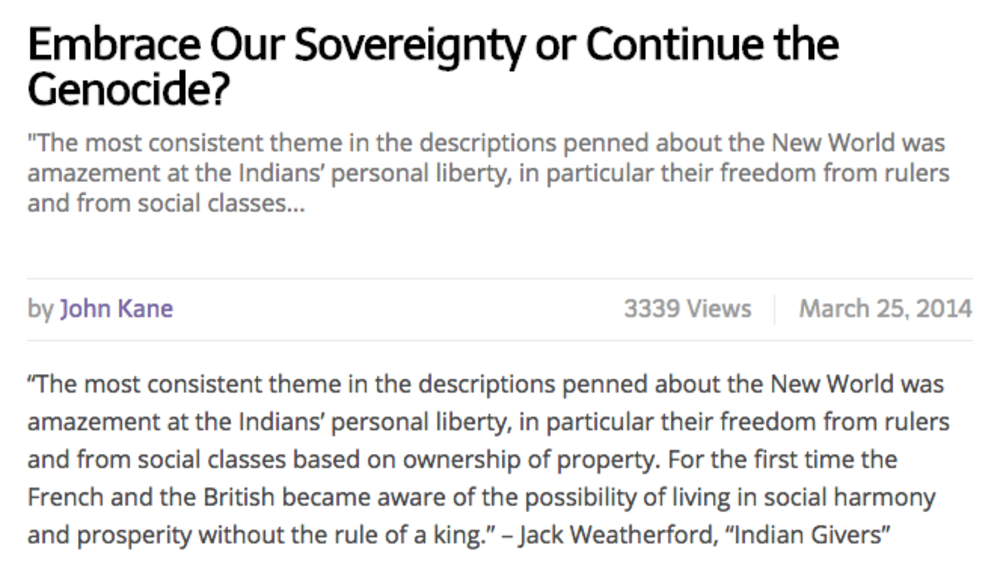
Embrace Our Sovereignty or Continue the Genocide?
“The most consistent theme in the descriptions penned about the New World was amazement at the Indians’ personal liberty, in particular their freedom from rulers and from social classes based on ownership of property. For the first time the French and the British became aware of the possibility of…

Winona LaDuke: Keep USDA Out of Our Kitchens
Native American author, educator, activist, mother and grandmother Winona LaDuke, Anishinaabekwe, is calling on tribes to relocalize food and energy production as a means of both reducing CO2 emissions and of asserting tribes' inherent right to live in accordance with their own precepts of the…
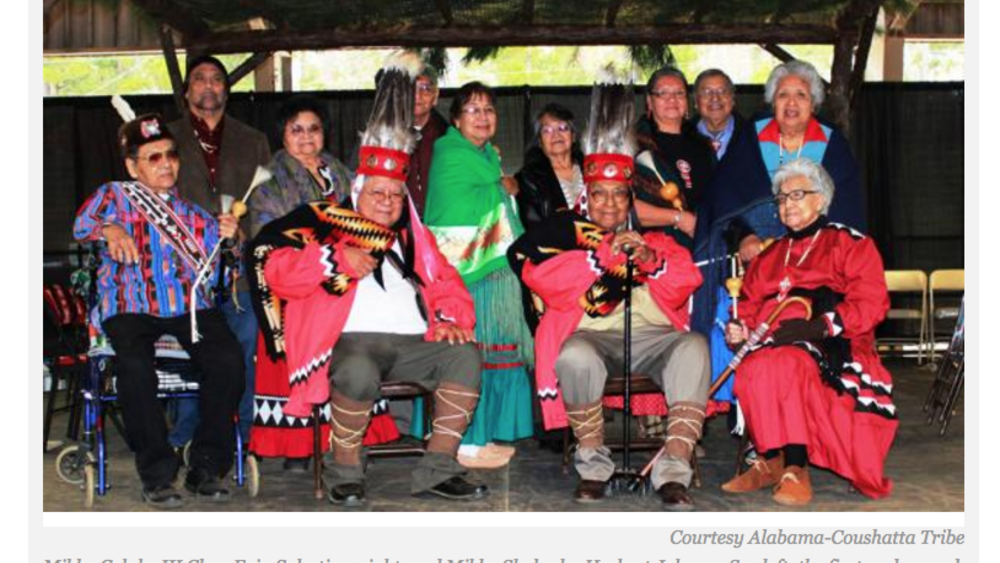
A Lifetime Journey: Alabama-Coushatta Name New Chiefs
For the first time in nearly two decades, the Alabama-Coushatta Tribe of Texas is welcoming a new principal and second chief. The 1,200-member tribe, located on 4,500 acres of land north of Houston, elects its chiefs to life terms. An inauguration ceremony held January 1 was the first such event…
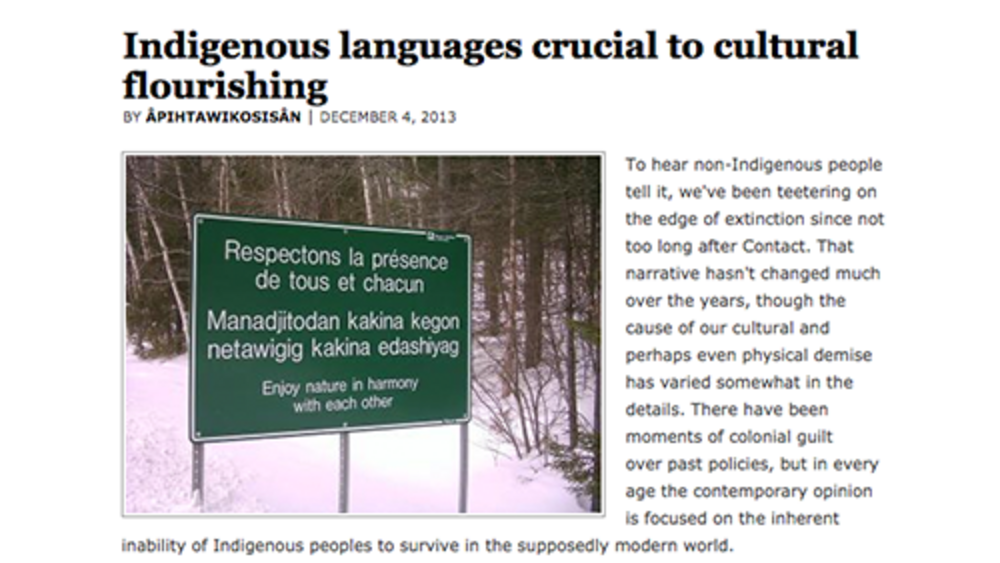
Indigenous languages crucial to cultural flourishing
I believe our languages to be so central to who we are as Indigenous peoples, that I cannot discuss our present or our future without reference to languages. The oppression we have faced, and continue to face, does not define us in the way our languages do. Our resilience, and the fact that we have…
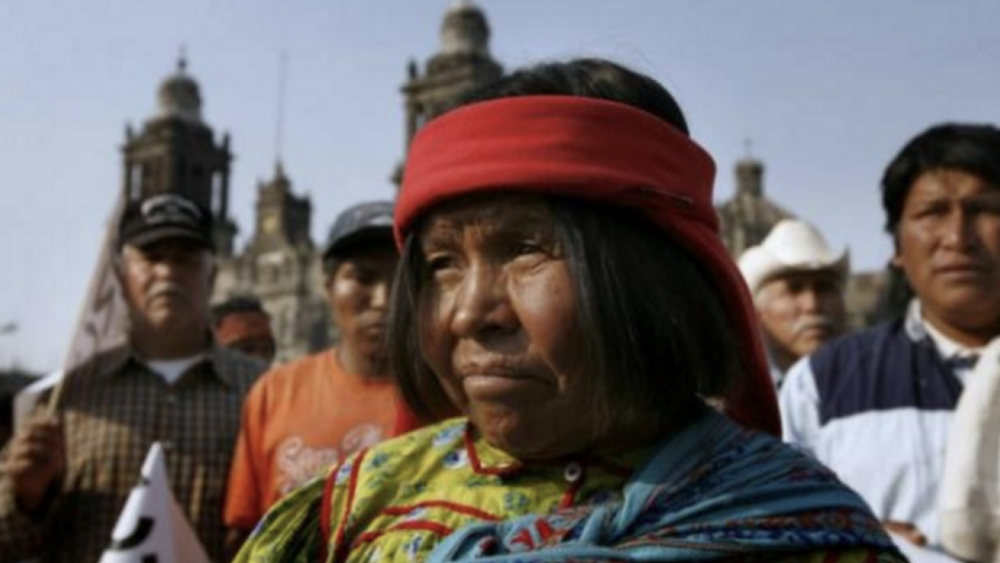
Preserving Indigenous Democracy
When Europeans first came to the Americas they took note of the democratic processes they observed in most indigenous nations. Indigenous political relations were usually decentralized, consensus based, and inclusive. Indigenous democracies may not seem remarkable by contemporary standards, but…
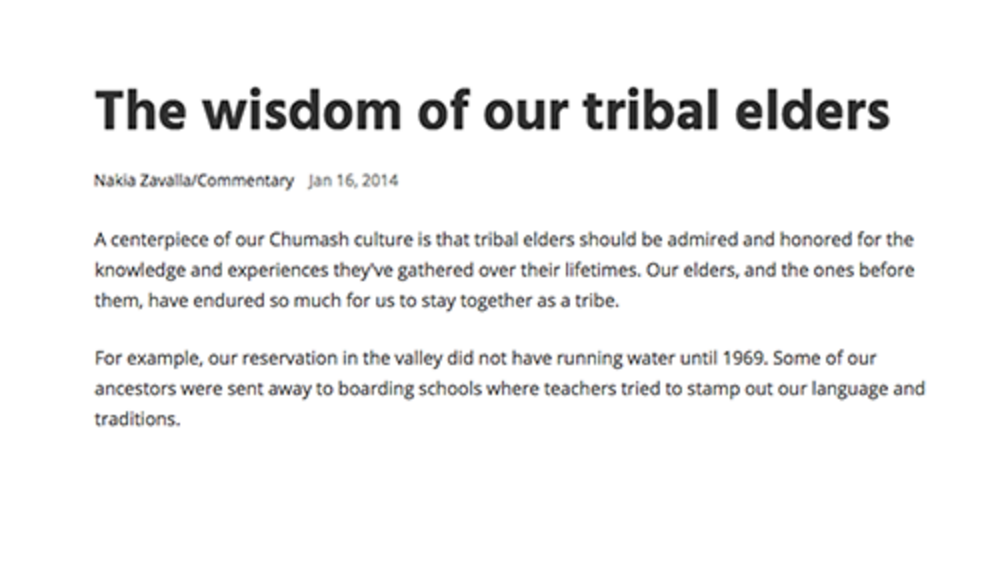
The wisdom of our tribal elders
A centerpiece of our Chumash culture is that tribal elders should be admired and honored for the knowledge and experiences they've gathered over their lifetimes. Our elders, and the ones before them, have endured so much for us to stay together as a tribe. For example, our reservation in the…

Cutting Edge Tech on the Rez
Bigger isn’t always better. Arizona’s Tohono O’odham Nation covers some 2.8 million acres, only a small portion of which is occupied by the successful San Xavier District’s Hi:kdan Business Park. The tribally chartered, Native-owned private business operates under the banner: “Moving Forward with…
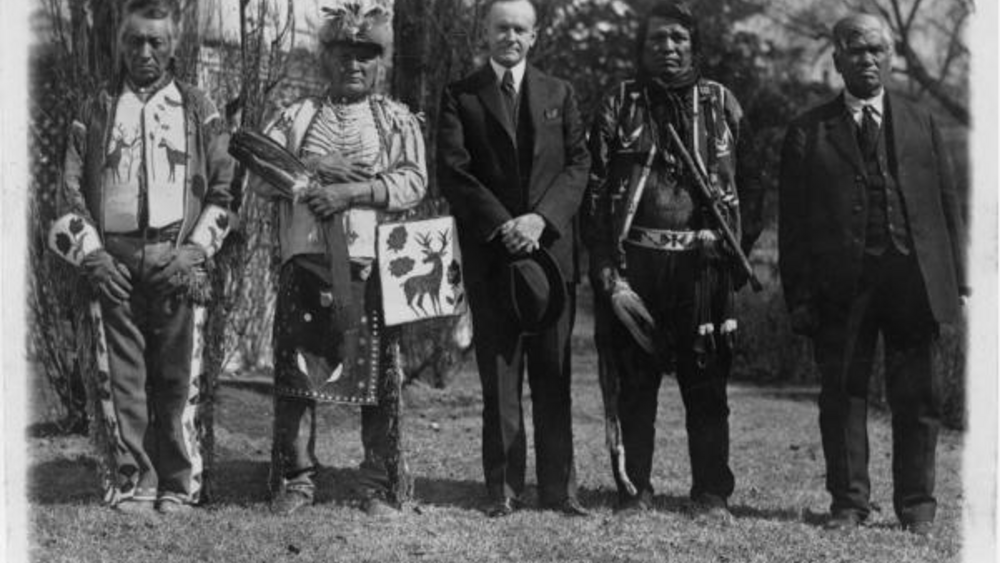
Indigenous and 21st Century Nationalisms
Indigenous Peoples live within the boundaries of nation-states but usually do not conform to the cultural, political, economic institutions and identities of their host states. Most contemporary democratic nation states are created by agreement through adoption of a constitution, which spells out…
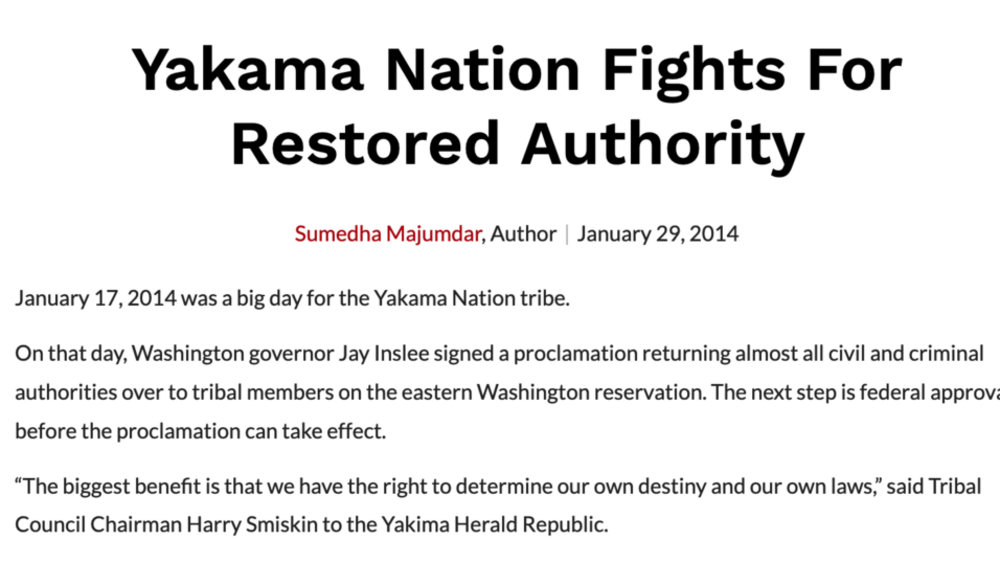
Yakama Nation Fights For Restored Authority
January 17, 2014 was a big day for the Yakama Nation tribe. On that day, Washington governor Jay Inslee signed a proclamation returning almost all civil and criminal authorities over to tribal members on the eastern Washington reservation. The next step is federal approval before the proclamation…
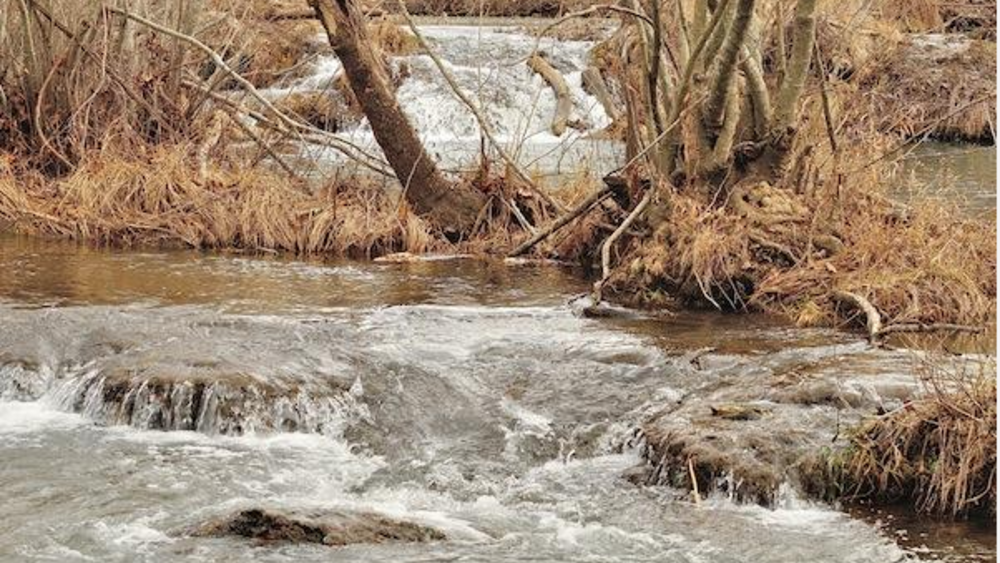
Chickasaw Fishery Saves Endangered Species While Sustaining Fishermen and Tourism
Nothing elevates the hope and heart rate of an angler more than hearing that first predawn “ZWIIINNGGG” of a casting reel as fishing line slices through the early morning air and the lure plops into the water. Whether it’s the first or last day of the season, fishermen hope that is a dinner bell…

Professor Breaks Down Sovereignty and Explains its Significance
Sovereignty is one of those terms we toss around without much thought. It is an important word within contemporary American Indian discussions. The term itself draws from legal, cultural, political, and historical traditions, and these traditions are connected to both European as well as Indigenous…

Harvard Project Names 18 Semifinalists for Honoring Nations Awards
The Harvard Project on American Indian Economic Development recognizes exemplary tribal government initiatives and facilitates the sharing of best practices through its Honoring Nations awards program. On March 3, the Harvard Project announced its selection of 18 semi-finalists for the 2014…

Cherokee seed project sows respect for the past, hope for the future
The Cherokee Indians are preserving the roots of their heritage with a program that allows officially recognized members of the tribe to access seeds that are unique to the Cherokee Nation. Principal Chief of the Cherokee Nation, Bill John Baker explained the seeds' lineage to CNN. "This strain of…
Pagination
- First page
- …
- 25
- 26
- 27
- …
- Last page
